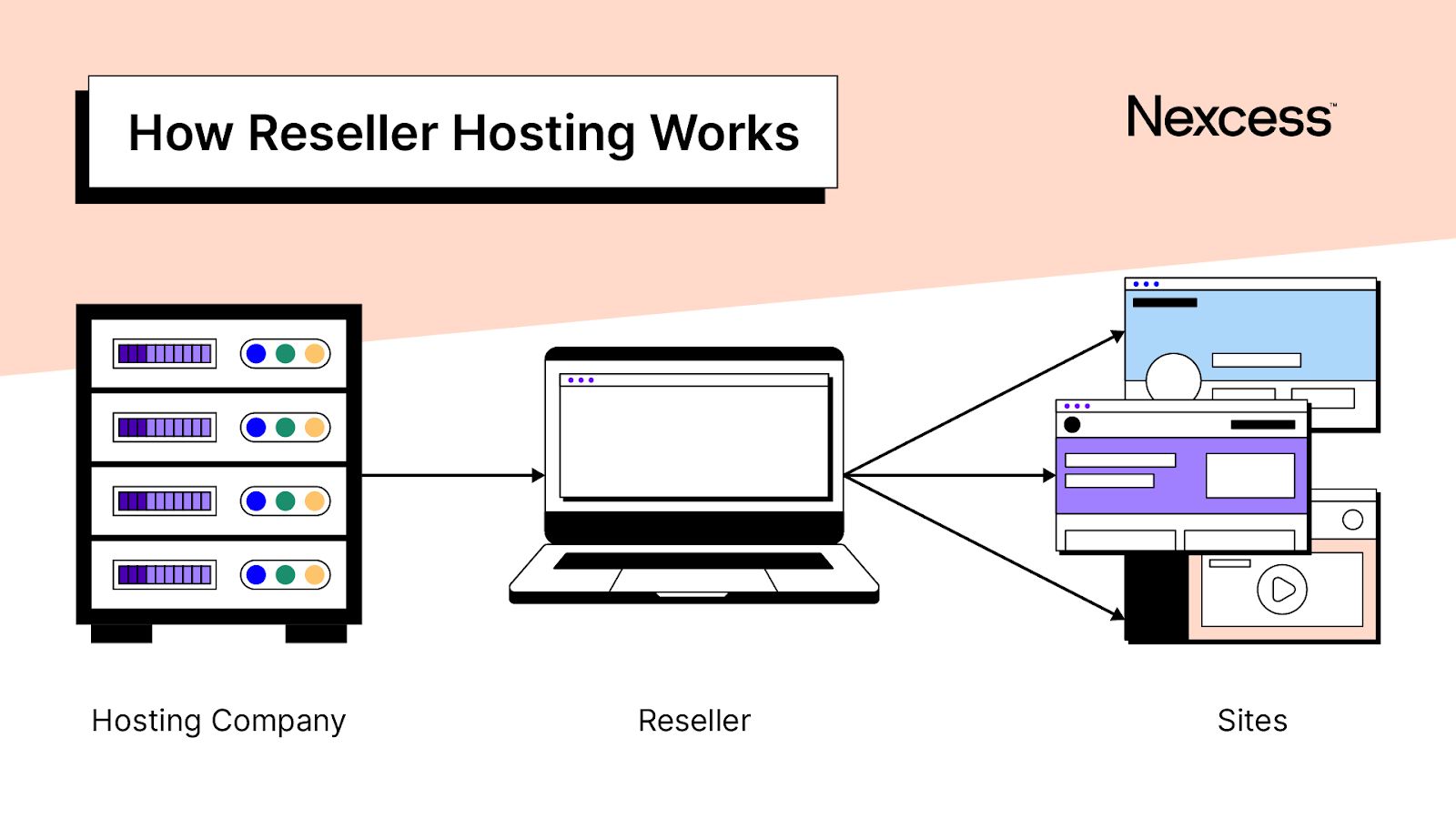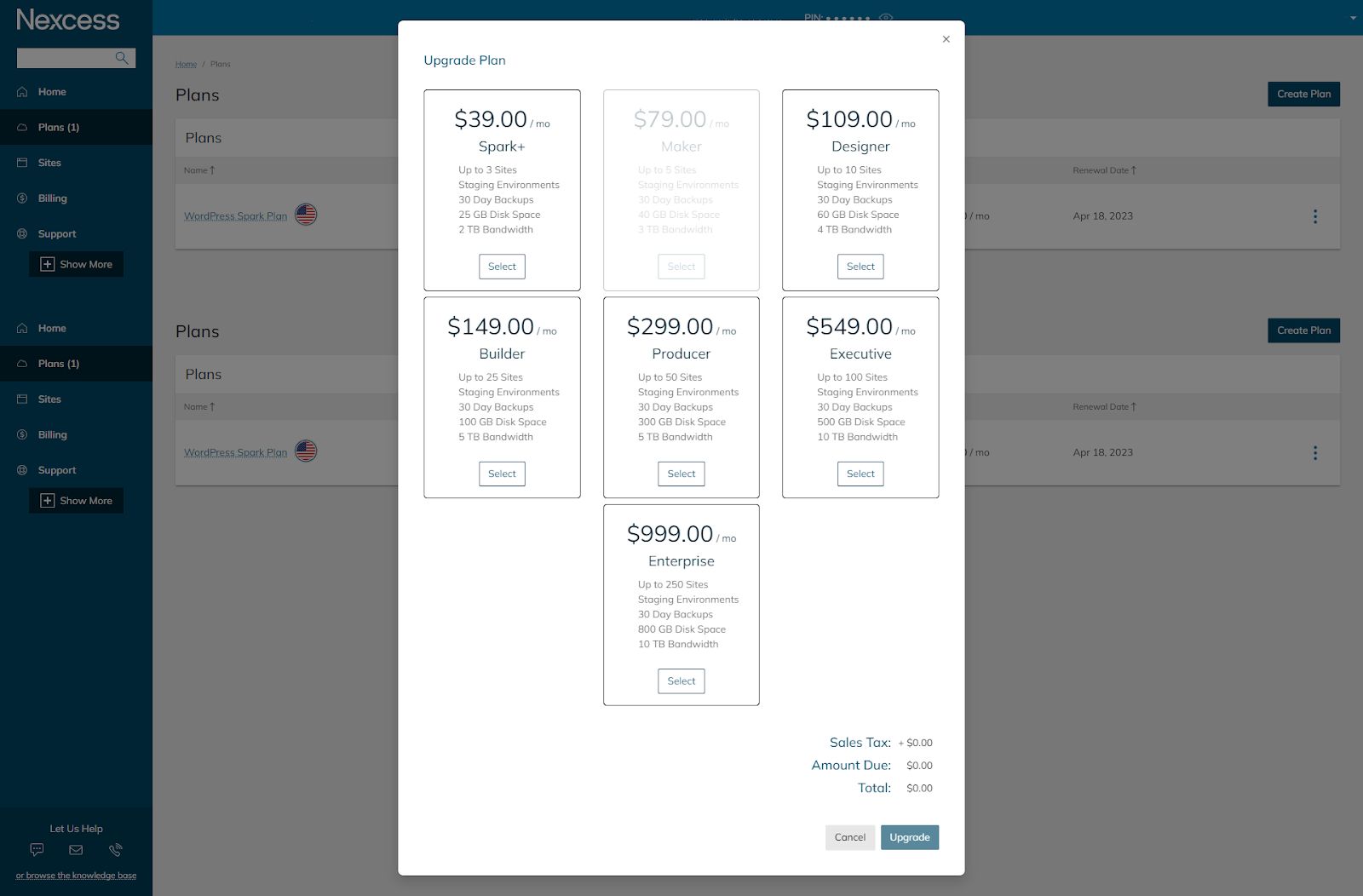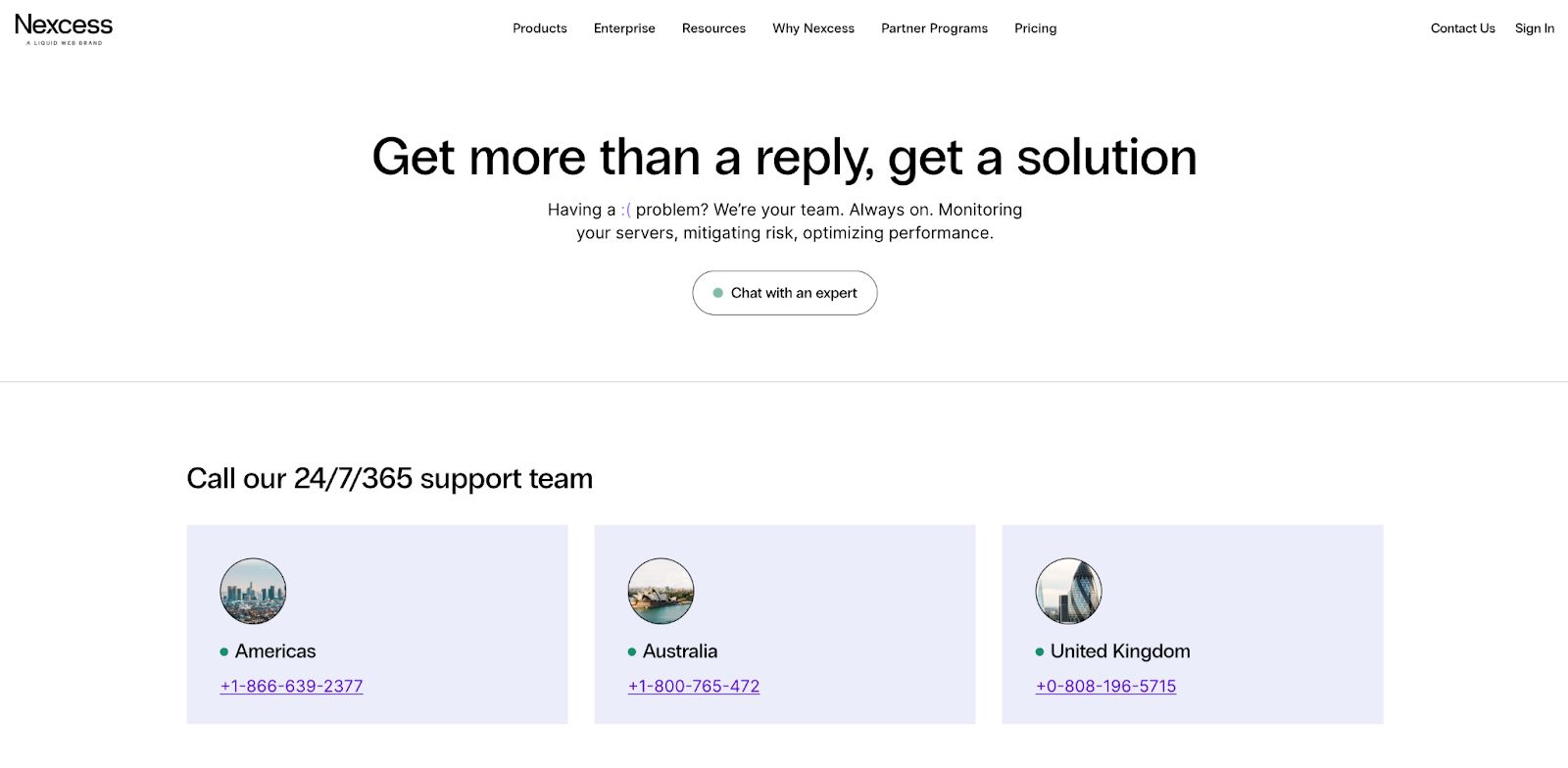According to data published by Siteefy, a new website is launched every three seconds, which roughly translates to a total of 200 million active websites right now.
To meet the demand for more websites, the web hosting industry has continued to grow and is projected to generate over $90 billion in revenue in 2023 with an annual growth of 12.42%.
In 2022 there were an estimated 5.3 billion internet users across the globe, so it’s easy to see why so many people consider it an exciting time for the web hosting world.
Many business owners are naturally interested in dipping their toes in the web hosting marketplace but may not be certain of how to get started.
After all, established web hosting providers own huge servers and data centers to store them, and many medium-sized businesses lack the resources necessary to compete.
But what if you didn’t need to build your own web host servers but could instead take advantage of the infrastructure that already exists? And instead of trying to challenge big-name web hosting service providers, you could partner with them?
The answer to these questions already exists: It’s called reseller hosting and it may be the solution to how your company can make its debut in the web hosting industry.
Let’s go over what reseller hosting is, what its benefits are, and how to select the right reseller hosting provider for your business.
- What is reseller hosting?
- What are the benefits of reseller hosting?
- How does reseller hosting work as a business?
- How to choose the best reseller hosting provider
- Final thoughts: A complete guide to reseller hosting
What is reseller hosting?
Reseller hosting is when a web hosting provider rents its hosting services and part of its infrastructure to a business, referred to as the reseller. This reseller then repackages those hosting services as its own and sells them to individual customers or small businesses at a marked-up price. This type of transaction is also referred to as white-label reseller hosting.

Imagine a typical wholesale and retail business arrangement. The reseller buys the web hosting services in “bulk” from a web hosting company acting as a wholesaler for those services.
The reseller then rebrands and repackages these services into smaller units it can sell to customers. These customers then make their arrangements with the reseller, not the web host manager from which the reseller originally got the services.
This hosting arrangement is popular with developers and design agencies that offer all-in-one packages to their clients. And for some companies, their whole business model is centered around reselling web hosting.
What are the benefits of reseller hosting?
Now that you understand what reseller hosting is, it’s time to look closer at how and why your company could benefit from this kind of business arrangement.
Affordability
Starting a traditional web hosting business is not a cheap endeavor. The high costs of securing physical storage for your hosting infrastructure, purchasing expensive servers and network equipment, and hiring staff to manage and market your services are barriers to entry for many.
If you start your own hosting business as a reseller, though, you won’t have to worry about all those upfront infrastructure costs. The hosting provider handles most of them, leaving you free to concentrate on growing your business and serving your customers.
Manageability
Unlike virtual private servers (VPS) and other multiple domain hosting plans, reseller web hosting makes it easier for you to manage your clients. Each of them is assigned unique accounts for their website hosting plans.
You can administer each of these accounts without having to ask for login credentials every time there’s an issue. You simply have to manage customers and allocate resources.
Scalability
The great thing about reseller hosting programs is they can be scaled up as your hosting business grows. You can start with a smaller, more affordable plan and migrate to a higher tier when your customer needs exceed your current capacity.
Responsibility
If you were to build and manage your hosting infrastructure yourself, it would mean your company would be solely responsible for its maintenance and security.
But as a reseller, you don’t have to worry about maintaining and updating your servers around the world. That job is handled by the web hosting provider who will ensure that all the hardware is always secure and up to date.
Now that we’ve discussed the benefits of being a reseller hosting provider, it’s time to go over what this sort of business arrangement actually entails.
How does reseller hosting work as a business?
The goal of reseller hosting is to earn a profit based on the revenue collected from customers who buy your repackaged hosting plans. Seems simple enough, right?
Perhaps. But this also means your reseller business will need to bring enough added value and marketing magic to interest potential customers into buying from you instead of straight from the web host.
Let’s explore what the path to starting a reseller hosting business looks like.
Choose your plan
First off, you’ll need to decide what kind of reseller plan you want to go with. Some web hosts may offer basic reseller hosting packages while others may use agency plans.
If you currently have a relationship with a web hosting provider, you should check and see if they offer reseller plans. If not, you may need to switch web hosting companies.

While considering reseller plans, it’s important to think about the total amount of server resources each has. Keep in mind that you’ll have to divide this number up between customers.
Design your hosting package
Once you’ve chosen a reseller hosting plan that works for you, the next step is designing and configuring the hosting packages you’ll sell to people.
The structure and price of your plans should appeal to your target market and be profitable to you. Whether your target is ecommerce websites or small businesses that want an online presence beyond social media, your hosting packages should be tailored to their specific needs.
Create a storefront
Finally, you need to set up your storefront. The storefront handles customer purchases and account creation for new customers. Most hosting providers can give you a “blank” storefront you’ll rebrand as your own.
To take it a step further, some reseller hosting programs come with access to services like web design or custom web development.
Now that you know how reseller hosting works, you can begin marketing and selling hosting services with your own brand name at your own prices.
How to choose the best reseller hosting provider
So many web hosts offer reseller hosting plans, but choosing the right one for your business takes time and effort. Here are the essential things to consider when selecting a reseller hosting plan and provider.
Cost
We’ve already established that reseller hosting plans are a more affordable alternative to building infrastructure for a web hosting business. However, the costs of reseller programs vary dramatically, so it’s important to narrow down a list of plans that meet your budget.
To make things more complicated, most web hosting companies offer multiple pricing tiers for their reseller hosting plans instead of a single, standard cost.
Term duration is also an important factor to think about. For instance, the low introductory price you pay today may only be valid for the first few months or until the next renewal period.
Server resources and features
Just like they would with regular hosting plans, web host providers will specify the server resources they allocate to each of their reseller hosting plans.
You should study this information carefully, as some reseller plans restrict how many websites or domains they can support while others allow unlimited websites.
Also, it’s important to consider technical aspects of the plan, such as the type of disk storage, the amount of allocated bandwidth, and the amount of disk space.
The additional features included with the hosting reseller plan can be just as important as the server configuration, as they will make running your business a lot easier.
For instance, if the hosting company doesn’t include automated backups or free SSL certificates with its reseller plans, you may need to look into offering these features yourself.
Management dashboard
The management dashboard is where you will control all the aspects of your hosting plan, from allocating resources to managing customer accounts.
It’s the central control point for your reseller hosting plan, so the easier this control panel is for you to use, the simpler your job of managing your hosting business.
Several popular management dashboards are available, like cPanel for managing Linux servers and Plesk for Windows. Some hosting providers, such as Nexcess, even offer their own custom dashboards for managing your hosting account.
Upgradeability
Most resellers want to start small when launching their reseller hosting business. But what happens when business eventually picks up, and you outgrow your current plan?
To avoid frustrating your customers with delays related to scaling up your hosting package, you should select a hosting provider that offers an easy upgrade path for reseller customers.
Ideally, you should choose a hosting provider that lets you perform plan upgrades from your account management portal.

Finally, it should be just as easy to downgrade your plan as it is to upgrade it. You certainly don’t want to be stuck paying for more hosting resources than you need.
Customer support
You’ll want to choose a hosting provider that offers a 24/7 technical support team. Issues can arise at the drop of a hat, and you don’t want your business to be on the hook when they do.
Some providers go above and beyond by providing tech support to a reseller’s customers as well. Apart from this great selling point for your services, it also means you have one less thing to worry about as a reseller.
Be sure to double-check the details of the support services on offer, like what support channels the host uses and whether each channel is available 24/7.
Nexcess offers phone, chat, and email support that’s always available, in addition to an extensive knowledge base that customers can browse through for answers.

Reputation
It’s critical that you look at what other customers are saying about the quality of the hosting company’s reseller program. A package that looks great on paper might end up being a nightmare to deal with once the contract is signed.
Some websites aggregate these reviews for online service providers, giving you a decent idea of the kind of experience to expect. G2 and Trustpilot are both popular review websites you can refer to.
In addition to customer reviews, you should also seek out expert opinions from third-party technology platforms for up-to-date industry news and data. These can help fill in gaps left by customers and also provide more context on whether a plan is right for your business.
Final thoughts: A complete guide to reseller hosting
Expanding your business into the web hosting market can feel daunting. But starting a reseller hosting company is an affordable and scalable way to break into this growing industry without making a large, upfront investment in infrastructure.
Now that you understand what reseller hosting is, its advantages, and how to get started, it’s time to move forward with your own web hosting journey.
Still thinking about your bottom line?
Check out fully managed enterprise hosting plans from Nexcess. They give you best-in-class speed and support at a price that’s right for your business.
Contact us at Nexcess to learn more.

